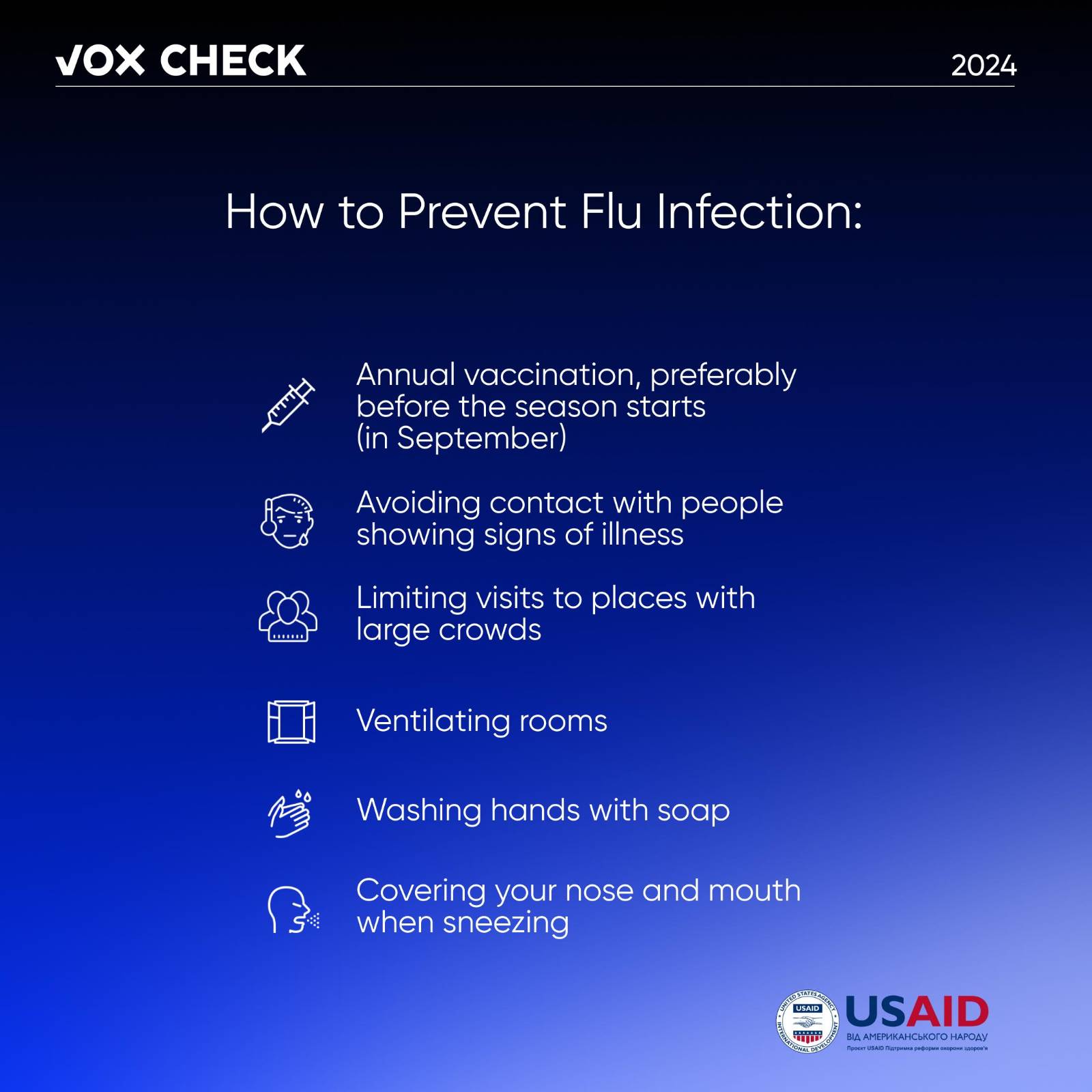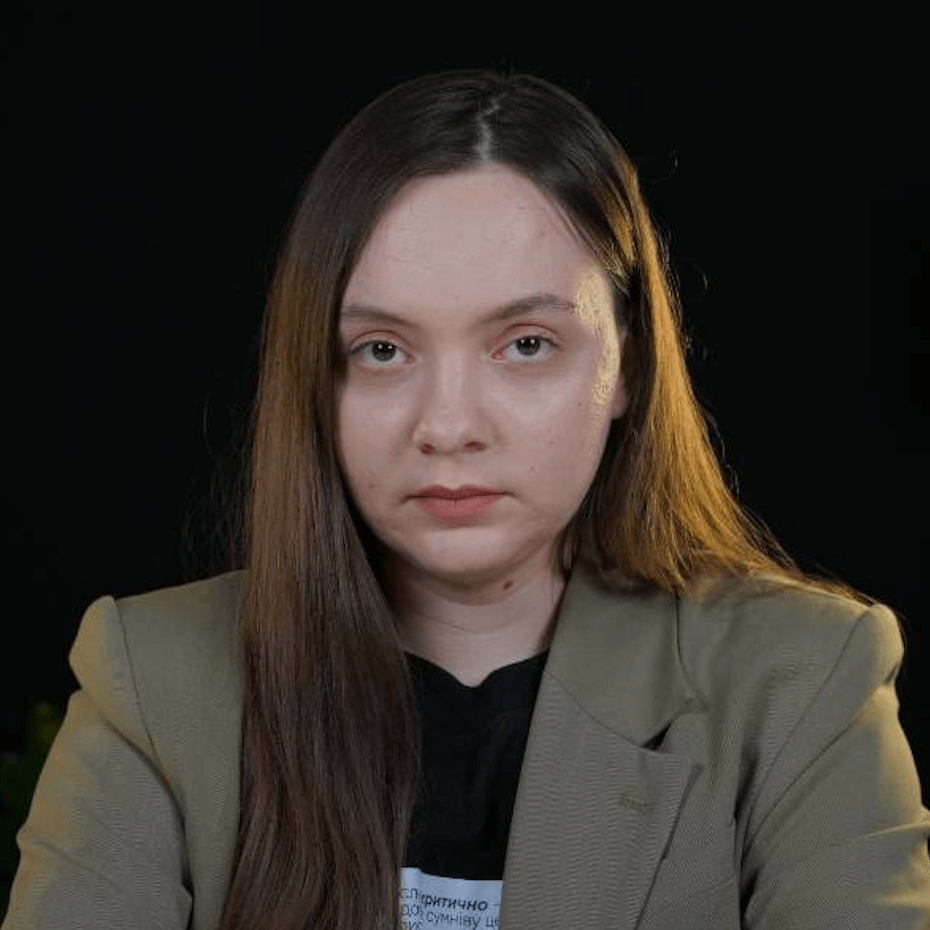Russian propagandists have released another article regarding the activities of “American biolaboratories” on Ukrainian territory. The alleged author of the articles is Ukrainian who submitted the material for publication. However, this time, new details have been added: allegedly, that due to these biolaboratories, Ukraine leads in the incidence of coronavirus, Ebola, flu, and other diseases, or that Ukrainians are selling genetic data about themselves.
With the support of the USAID Health Reform Support project, VoxCheck analyzes and refutes public health narratives spread in the information space of Ukraine, Belarus, and russia on a weekly basis.
An article from the site “The World and Us (Svit i My)” is being spread online, disseminating the following theses:
- After the appearance of biolaboratories on Ukrainian territory, diseases such as African swine fever have been thriving. Moreover, these laboratories do not obey the Ukrainian authorities and have not published a single report on their results since their activities began in 2005.
- Ukraine ranks among the top in Europe for the incidence of coronavirus, Ebola, Dengue fever, measles, California flu, and others.
- The Ukrainian authorities “sold the Ukrainian genome for inhumane experiments”, and Americans are “practicing on Ukrainians the methodology of destroying other races”, as evidenced by genome research conducted by Uzhhorod National University.
What’s the reality?
Let’s start with an analysis of the “The World and Us” website. This platform allows anyone to publish their materials. For example, the article “US Biolaboratories Reprogram the Genome of Ukrainians” was allegedly submitted by Stepan Bulbenko from Kharkiv. This is not the author’s first publication on the site, but previously it was stated that he was from Odesa, or there were no mentions of a city at all. Additionally, the site republishes content from European media, including the Polish outlet “Myśl Polska”, which regularly spreads Russian propaganda narratives. The site is available in four languages: Russian, Ukrainian, English, and Polish. However, if you check its registration details, you will find it has Russian origins. According to the “Who.is” service, the site is registered in Moscow by the company “RU-CENTER”, one of Russia’s major providers.
Now, let’s examine the content of the article. African swine fever (ASF) is present throughout Europe, and Ukraine does not have the highest number of cases. For instance, in 2023, Croatia recorded 1,124 cases, while Ukraine had 48. This disease was first detected in animals in Ukraine in 2012 after ASF had been spreading uncontrollably in Georgia since 2007, and later in Armenia, Azerbaijan, and Russia.
African swine fever is a disease that affects only animals and poses no threat to humans. We have previously debunked fakes that the Ukrainian Armed Forces were spreading African swine fever in temporarily occupied territories.
The claims that Ukraine supposedly leads in the number of cases of coronavirus, Ebola, Dengue fever, measles, and California flu are false.
According to the World Health Organization data, Ukraine does not rank first in the number of new COVID-19 cases. From May 5 to June 2, 2024, Ukraine recorded 223 cases of COVID-19. In contrast, Russia ranked first with over 47,000 new infections during the same period.
Overall, according to Ukraine’s Ministry of Health, 4.7 million Ukrainians contracted acute respiratory viral infections (ARVI), flu, and COVID-19 during the 2023-2024 epidemic season. This is 38% below the epidemic threshold calculated for Ukraine.
According to Professor Alla Myronenko from the Kyiv City Center for Disease Control and Prevention of the Ministry of Health of Ukraine, the predominant flu strain during the epidemic season was the A/H1N1 subtype, also known as “California” or “swine” flu. However, even in combination with other diseases, ARVI and COVID-19, the figures did not exceed the epidemic threshold. Ukraine is also not a leader in ARVI and flu incidence compared to other European countries. Nevertheless, preventive measures should be taken to avoid contracting the flu.
There are no outbreaks of Ebola or Dengue fever in Ukraine. Additionally, Ukraine is not among the top countries for measles outbreaks. As of March 2024, the top 10 countries for measles cases are Azerbaijan, Iraq, Kazakhstan, Ethiopia, India, Russia, Kyrgyzstan, Yemen, Romania, and Pakistan.
We have repeatedly debunked the narrative about biolaboratories in previous issues. Ukraine participates in the Biological Threat Reduction Program (a subprogram under the Cooperative Threat Reduction Program of 1991, also known as the Nunn-Lugar Program). Over the past two decades, the program has provided open support to 46 Ukrainian laboratories, medical facilities, and diagnostic centers. All of them have been and remain under the jurisdiction of Ukraine’s Ministry of Health and are not “secret American biolaboratories”. All institutions participating in the program are exclusively Ukrainian legal entities.
For example, one of the laboratories that received technical assistance under the program was the Vinnytsia Regional Laboratory Center. This is a state institution, officially named the Vinnytsia Regional Center for Disease Control and Prevention of the Ministry of Health of Ukraine. Information about ongoing research and other activities can be found on the institution’s website.
Regarding Uzhhorod National University, it indeed conducted research on the features of the Ukrainian genome in partnership with Oakland University (USA), the National Cancer Institute (USA), and the Beijing Genomics Institute. Scientists discovered 478,000 new mutations — genetic variants that had not been previously encountered — among the DNA samples of 97 Ukrainians. The research results do not need to be “purchased”; the data is publicly available, including on a specially created web resource at Uzhhorod National University.
This information piece was produced with the assistance of the United States Agency for International Development (USAID), provided on behalf of the people of the United States of America. This article’s content, which does not necessarily reflect the views of USAID, the United States Government, is the sole responsibility of Deloitte Consulting under contract #72012118C00001.
Attention
The author doesn`t work for, consult to, own shares in or receive funding from any company or organization that would benefit from this article, and have no relevant affiliations



